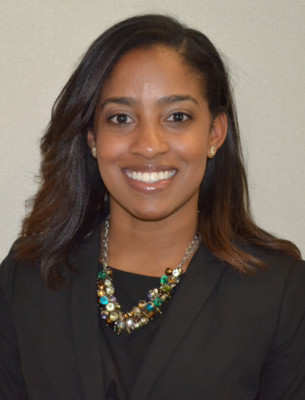Since 2001, the Kinder Foundation has honored a handful of Houston’s most distinguished teachers with the Kinder Excellence in Teaching Award in recognition of their commitment and innovation. The honors are given at an awards dinner each Fall, where current and past winners share their stories and are shown gratitude by their peers, administrators, and Rich and Nancy Kinder. The Kinder Excellence in Teaching Awards has gifted over $3.7 million to more than 250 teachers since the program was established.
We are proud to spotlight past recipients of this award and sharing what they have been up to since their recognition.

Johanna Sanchez
2010 Kinder Excellence in Teaching Award Recipient
Principal, Hearne Elementary School
Alief Independent School District
What was your greatest win last school year?
My greatest win for the 2020-2021 school year centers around my Hearne Husky staff, students, and families. We literally conquered every hurdle, challenge, setback, and disappointment with grace, persistence, and grit. It was an incredibly tough year to lead as a principal. Every day I was faced with difficult decisions in the areas of safety, academics, and social and emotional needs of both children and adults. These are high leverage areas, compounded with the regular demands of being a school leader and running campus operations and job expectations. What I perceive as a win is a simple reminder for everyone–every challenge can be overcome with an amazing team that is not afraid to analyze the situation together, explore all options, push the envelope forward, stand as one voice, and celebrate the wins along the way. I am so proud of my students, families, and most importantly the Hearne staff (from custodians, nutrition staff, professional, and paraprofessionals) for staying true to our mission statement and going above and beyond the call of duty to make this year one to remember. We won TOGETHER!
What has been occupying your time lately?
Our school year ended on June 3rd for our students and June 4th for our staff. I am writing this response on June 6th.
For the past 48 hours, I have been reflecting on all the feedback I’ve received from my stakeholders to make the 2021-2022 school year the best yet! We learned many new skills during pandemic teaching and embraced 21st century learning goals to support student achievement. We have to keep what worked, alter what can be better, and stop the things that were not effective. Before the school year ended, several two-way feedback structures were developed to receive feedback from all stakeholders. This feedback is being chunked for big rocks and being infused in the 2021-2022 school year roll out. This is one way we create a culture of reflection and improvement together.
I am also in my last 4 weeks of pregnancy with my 3rd baby so I am using plenty of time to enjoy my kids and prepare for the welcome of our baby boy or girl (we don’t know the gender…it will be a surprise!).
How has being an educator impacted or changed your life?
Being an educator has shaped my whole perspective on the world we live in and the world we are creating through education and impact. Everything we, as adults, do or fail to do impacts the next generation. We have to invest in the future if we want the world to be better. I think about this every day when I step foot into my building, interact with students and families, and motivate others to reach their full potential. Being an educator impacts every facet of my life from being mom, wife, daughter, sister, friend, and human being.
We know that federal stimulus funds flowing to districts are top of mind for district and school leaders. We’d love your perspective on how these funds could be best spent given what you’ve seen first-hand and your role as a campus leader?
As the principal of a Title One school, I am thankful for the additional funding to support student outcomes. In my opinion, these funds should be used to engage families and parents to work as partners in education; support effective literacy for all students through a balanced curriculum and consistent data analysis/progress monitoring; build teacher efficacy and instructional strategies to support closing the achievement gap through targeted professional development; provide coaching for teachers and leaders; embed social emotional supports for students, families, and campus staff; supply additional technology for all classrooms; and ensure sufficient staffing to meet the needs of campuses across our nation. Simply adding funding to campus budgets will not “fix” the educational gaps. Instead, effective allocation of funds to campus needs based on data and building educator and student capacities can move mountains!
